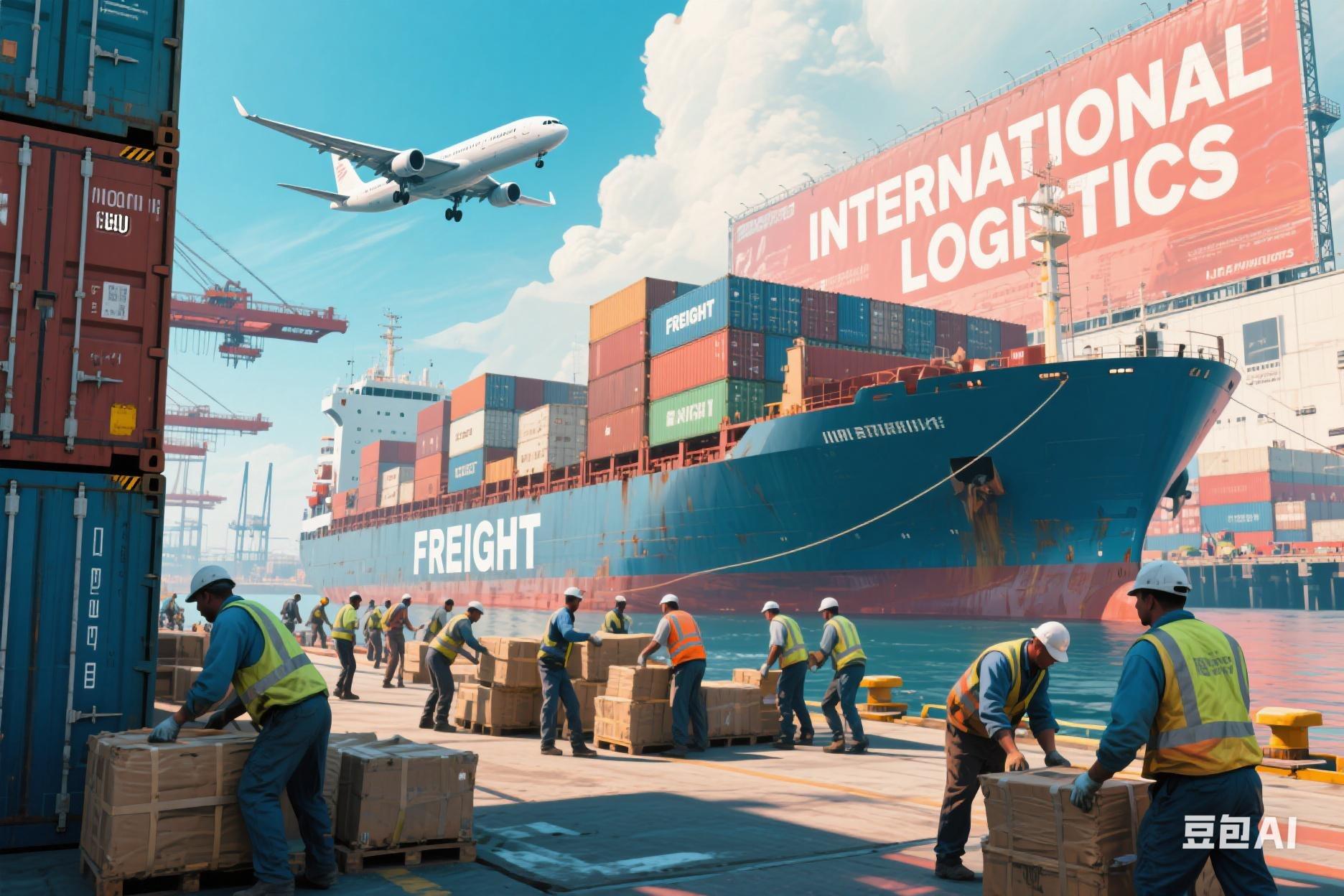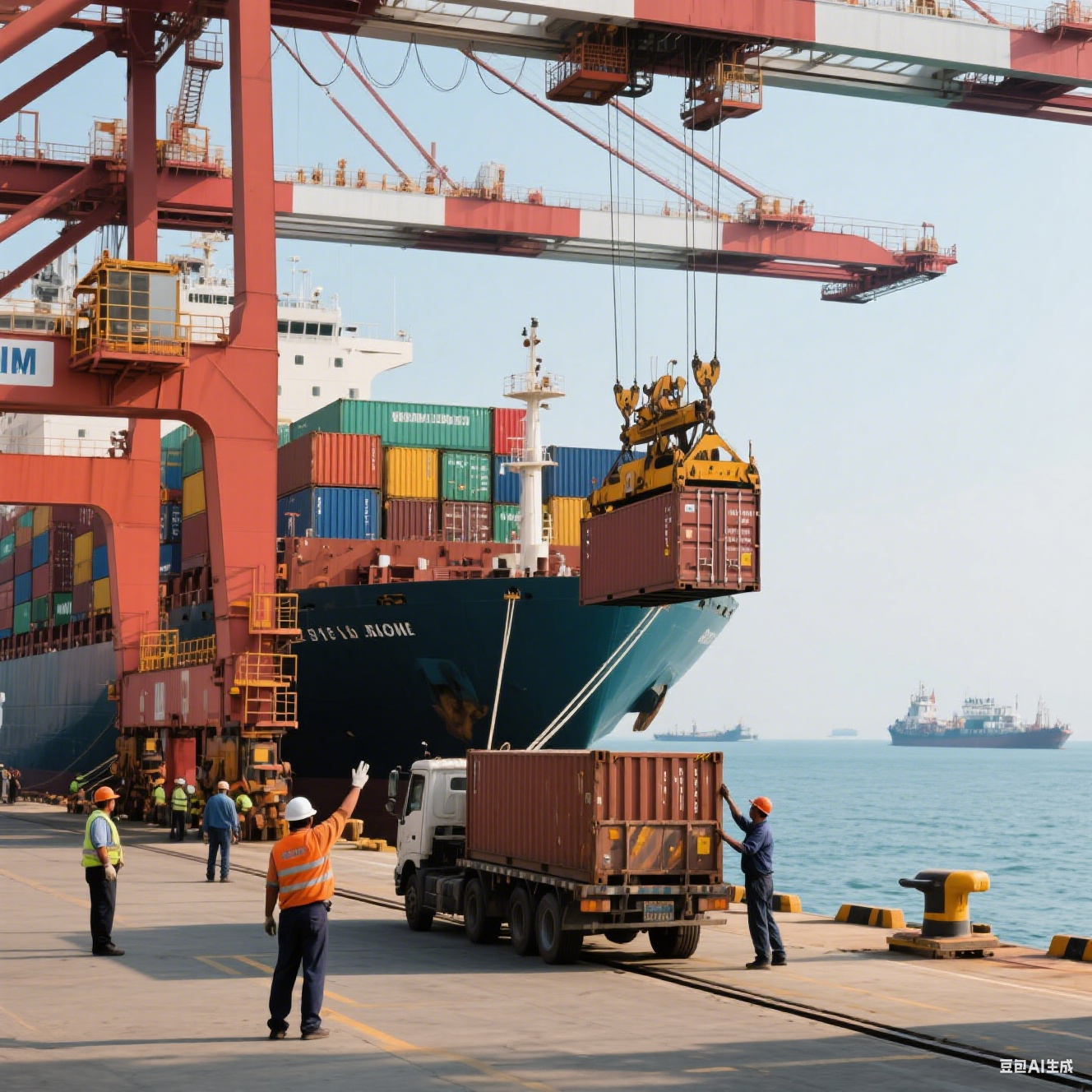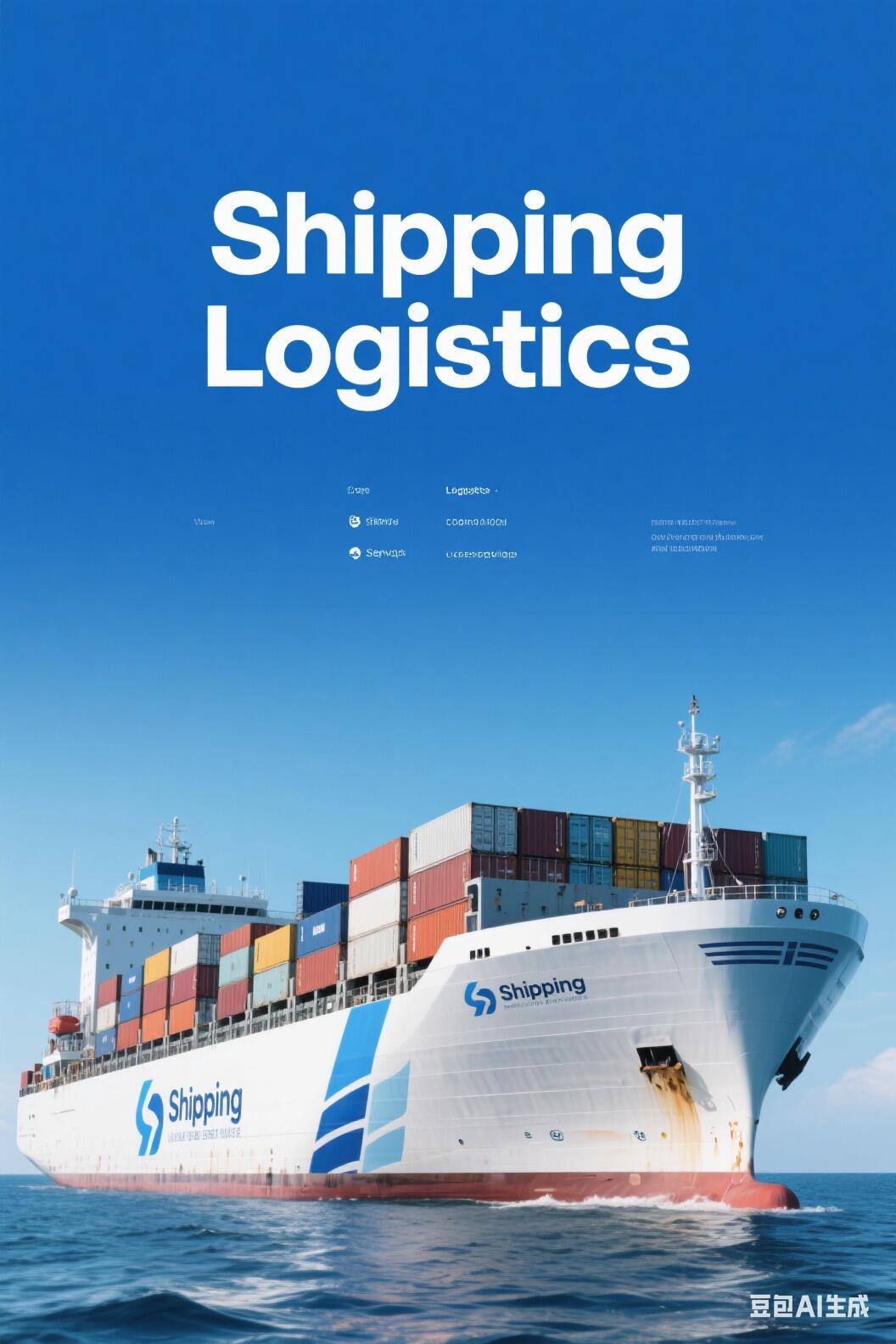sea cargo shipping
Sea cargo shipping represents a cornerstone of global trade, facilitating the transportation of goods across vast oceanic distances through sophisticated vessel networks. This mode of transportation utilizes large container ships, bulk carriers, and specialized vessels designed to accommodate diverse cargo types. Modern sea cargo shipping integrates advanced tracking systems, automated loading mechanisms, and real-time monitoring capabilities to ensure efficient cargo management. Ships are equipped with state-of-the-art navigation technology, weather monitoring systems, and sophisticated cargo handling equipment. The industry employs standardized containers, enabling seamless intermodal transport connections with trucks and trains. Environmental considerations have led to the implementation of fuel-efficient engines and route optimization systems. Security measures include satellite tracking, automated identification systems, and advanced cargo screening protocols. This comprehensive transportation solution serves industries ranging from retail and manufacturing to agriculture and energy, supporting global supply chains and international commerce. The system's capacity to handle enormous volumes of cargo while maintaining cost-effectiveness makes it indispensable for international trade operations.


